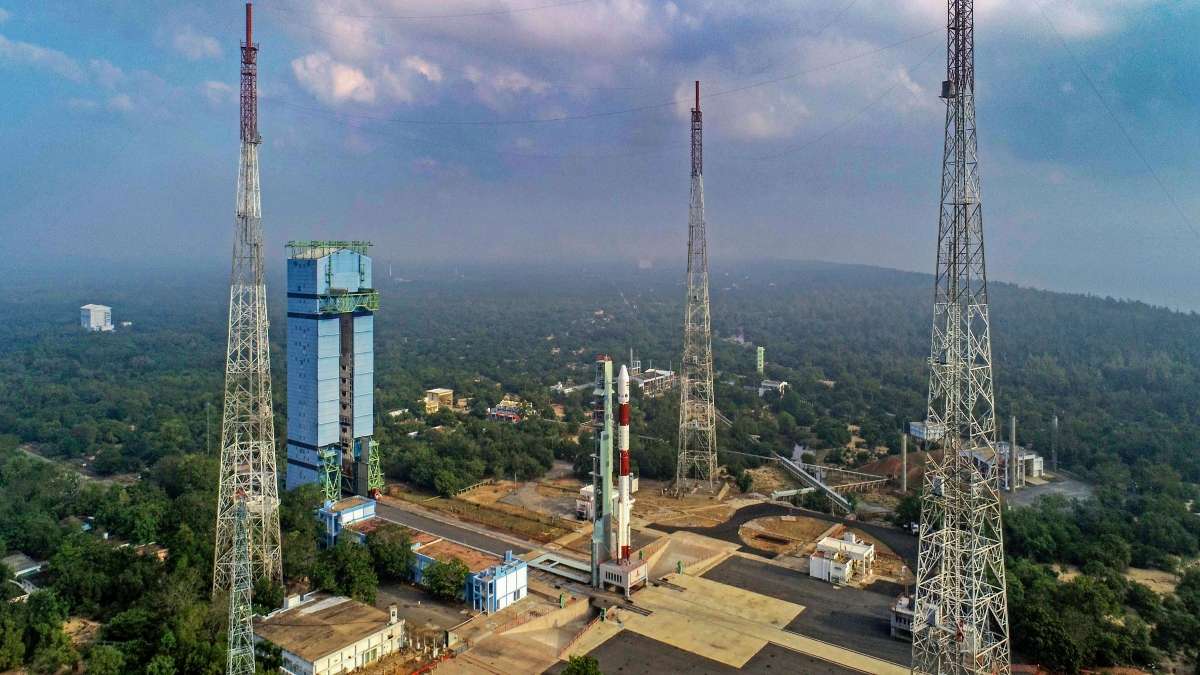

New Delhi: The Indian Space Research Organization (ISRO) launches the X-ray Polarimeter Satellite (XPoSat), its new mission of 2024 to study black holes and neutron stars. The 25-hour countdown commenced on Sunday for the lift-off scheduled at 9.10 am from the Satish Dhawan Space Centre in Sriharikota, Andhra Pradesh. The mission marks a significant advancement over ISRO’s previous missions such as Chandrayaan-3 and Aditya L1, reinforcing India’s strong commitment to space exploration.
🚀 PSLV-C58/ 🛰️ XPoSat Mission:
The launch of the X-Ray Polarimeter Satellite (XPoSat) is set for January 1, 2024, at 09:10 Hrs. IST from the first launch-pad, SDSC-SHAR, Sriharikota.https://t.co/gWMWX8N6IvThe launch can be viewed LIVE
from 08:40 Hrs. IST on
YouTube:… pic.twitter.com/g4tUArJ0Ea— ISRO (@isro) December 31, 2023
New year’s inaugural XPoSat’s primary focus is the study of black holes and neutron stars within our galaxy. Using X-ray polarimetry, XPoSat will analyze the radiation that surrounds these celestial objects. This pioneering mission will propel India into a unique league, making it the second country after the United States to deploy a specialized astronomy observatory for such purposes. The satellite will be launched on the PSLV-C58 spacecraft, which is also scheduled to carry the ‘PSLV Orbital Experimental Module’ into space.
India’s XPoSat X-ray Polarimeter Satellite is the country’s maiden mission dedicated to studying the dynamics of bright astronomical X-ray sources in extreme conditions. The mission, developed jointly by the Ramam Research Institute (RRI) and the U R Rao Satellite Centre (URSC), is expected to have a lifespan of five years.
#ISRO begins 2024 in Style!
Successful launch of PSLV-C58/ 🛰 XPoSat Mission.
Proud to be associated with the Department of Space at a time when Team @isro continues to accomplish one success after the other, with the personal intervention & patronage from PM Sh @narendramodi. pic.twitter.com/cisbjpUYpH— Dr Jitendra Singh (@DrJitendraSingh) January 1, 2024
The XPoSat mission, powered by ISRO’s PSLV-C58 rocket, will launch the XPOSat satellite into a low eastward inclination orbit.
ISRO will live stream the entire launch on its official website and social media platforms, ensuring global participation in this historic event. The XPoSat satellite aims to collect data on the behavior of black holes by detecting radiation using its advanced X-ray technology. This launch of a low inclination eastward orbit will further strengthen ISRO’s capabilities and contribute significantly to the global understanding of astronomical phenomena.